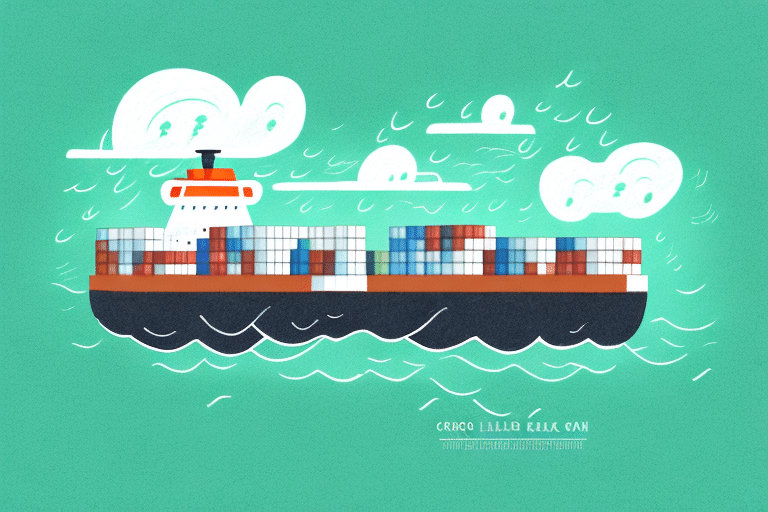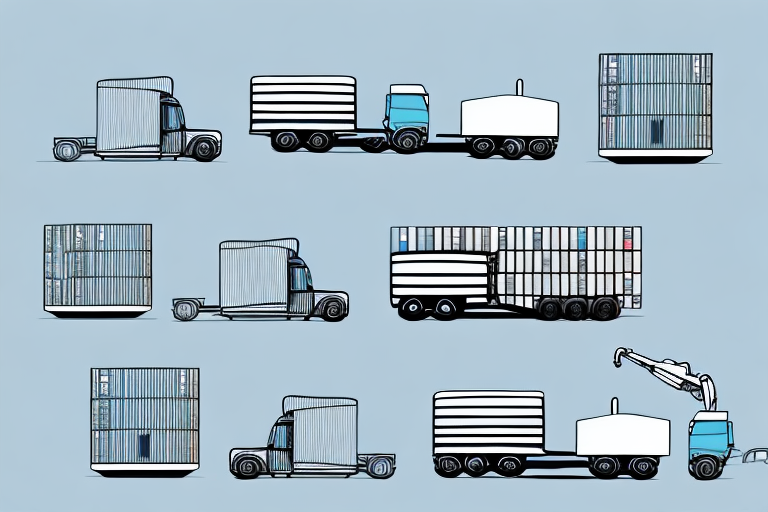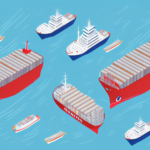Introduction: Importance of Cargo Insurance Rates
As a business owner reliant on shipping goods, understanding cargo insurance rates is crucial. Adequate coverage safeguards your business against unexpected incidents that could lead to significant financial losses. This article delves into the factors influencing cargo insurance rates, types of coverage available, strategies to secure the best value, and more.
Understanding Factors that Determine Cargo Insurance Rates
Nature and Value of Goods
The type and value of the goods being transported are primary determinants of cargo insurance rates. High-value items or goods that are fragile, perishable, or hazardous typically incur higher premiums due to the increased risk of loss or damage.
Mode of Transportation
The chosen mode of transportation—whether by sea, air, rail, or road—affects insurance rates. For example, air freight generally has higher insurance costs compared to sea freight due to faster transit times and higher susceptibility to theft or accidents.
Origin and Destination
Insurance rates are influenced by the shipment’s origin and destination. Routes passing through regions with political instability, high crime rates, or poor infrastructure may attract higher premiums. According to the U.S. Department of Transportation, geopolitical factors significantly impact shipping risks.
Carrier’s Safety Record
The safety record of the carrier plays a role in determining insurance costs. Carriers with a history of accidents or safety violations may face higher premiums due to the increased likelihood of cargo loss or damage.
Frequency and Volume of Shipments
Businesses that ship goods frequently or in large volumes may benefit from lower insurance rates. Insurers often offer discounts to companies that demonstrate consistent and substantial shipping activity.
Types of Cargo Insurance Coverage
All Risk Coverage
All Risk coverage offers comprehensive protection, covering any loss or damage to goods during transit except for exclusions explicitly stated in the policy. This type of coverage is ideal for high-value or sensitive shipments.
Named Peril Coverage
Named Peril coverage protects against specific risks listed in the policy, such as theft, fire, or natural disasters. This option is generally more affordable but provides limited protection compared to All Risk coverage.
Marine Insurance
Marine insurance is tailored for goods transported by sea or inland waterways. It covers risks associated with maritime transport, including sinking, collisions, and piracy.
Air Cargo Insurance
Designed for goods transported by air, this insurance covers risks like delays, lost baggage, and damage from turbulence. Given the higher risks and costs associated with air transport, premiums are typically higher.
Securing Adequate Coverage for Your Business
Ensuring that your business has adequate cargo insurance coverage is essential to protect against significant financial losses. Adequate coverage not only safeguards your goods but also maintains business continuity in the face of unforeseen events.
Proper insurance coverage can provide peace of mind, allowing you to focus on other critical aspects of your business. Moreover, demonstrating that your business is insured builds trust with customers and suppliers, highlighting your reliability and responsibility.
When selecting a policy, thoroughly review the terms and conditions to ensure it meets your specific needs. Consulting with an experienced insurance agent can help navigate the complexities of insurance options and secure the right policy for your business.
Finding the Best Value for Your Cargo Insurance Policy
Compare Multiple Providers
To find the best value, obtain quotes from various insurance providers. Comparing rates and coverage options helps identify the most cost-effective policy that meets your business needs.
Work with a Reputable Broker
Engaging a reputable insurance broker or agent specialized in cargo insurance can streamline the process. Brokers can provide expert advice, negotiate on your behalf, and help you understand the nuances of different policies.
Evaluate Coverage Options
Assess the extent of coverage offered by different policies. Ensure that the coverage aligns with the value and nature of your goods, as well as the specific risks associated with your shipping routes.
Strategies for Negotiating Better Rates
Bundle Insurance Policies
Consider bundling your cargo insurance with other business insurance policies, such as general liability or property insurance. Bundling can lead to discounts and more favorable overall rates.
Enhance Packaging and Shipping Practices
Improving packaging and adopting better shipping practices can mitigate risks, potentially lowering insurance premiums. Insurers often reward businesses that demonstrate proactive measures to protect their goods.
Adjust Deductibles
Opting for a higher deductible can reduce your insurance premiums. However, ensure that the deductible amount is manageable and in line with your business’s financial capacity in the event of a claim.
Understanding the Claims Process and Its Impact on Rates
Understanding the claims process is vital as it can influence your insurance rates. Frequent claims may signal higher risk to insurers, leading to increased premiums. Therefore, maintaining a good claims history is beneficial for keeping rates competitive.
Choose insurance providers with streamlined and efficient claims processes. Quick and fair resolution of claims can minimize disruptions to your business and maintain a positive relationship with your insurer.
Avoiding Common Mistakes When Shopping for Cargo Insurance
Thoroughly Review Coverage Details
Ensure you fully understand what is covered and what is excluded in your policy. Misunderstanding coverage can result in inadequate protection or unexpected out-of-pocket expenses.
Compare Multiple Quotes
Relying on a single quote may limit your options. Comparing multiple quotes ensures you find the most comprehensive and cost-effective coverage available.
Assess Insurance Provider’s Reputation
Choose insurance companies with strong reputations and financial stability. Reliable providers are more likely to honor claims promptly and fairly.
Accurately Assess Cargo Value
Underestimating the value of your cargo can lead to insufficient coverage. Accurately valuing your goods ensures adequate protection against potential losses.
The Role of Technology in Streamlining the Insurance Process
Technology has revolutionized the cargo insurance landscape, making the process more efficient and transparent. Online platforms now offer tools to obtain quotes, compare policies, and manage coverage seamlessly.
Moreover, advancements like artificial intelligence and machine learning enable insurers to analyze data more effectively, leading to personalized coverage options and predictive risk assessments. These technologies not only enhance the accuracy of risk evaluation but also expedite the claims process, providing businesses with quicker resolutions.
Case Study: Achieving Cost Savings on Cargo Insurance
Consider a mid-sized manufacturing company that frequently ships high-value electronics internationally. Initially, the company faced high insurance premiums due to the nature of its goods and the complexity of international shipping routes.
By partnering with an experienced insurance broker, the company was able to reassess its coverage needs and implement improved packaging standards. Additionally, they opted to bundle their cargo insurance with other business insurance policies, resulting in a 15% reduction in overall premiums. These strategic adjustments not only enhanced their coverage but also provided significant cost savings, demonstrating the value of expert guidance and proactive risk management.
Conclusion: Taking Control of Your Cargo Insurance Costs
Understanding and managing cargo insurance rates is essential for protecting your business against unforeseen losses. By comprehensively evaluating factors that influence rates, securing adequate coverage, and employing strategies to negotiate better rates, you can optimize your insurance investments. Leveraging technology and avoiding common pitfalls further ensures that your business remains resilient and financially secure in the face of transit risks.






















